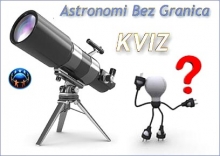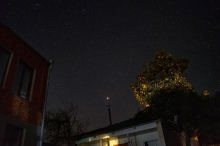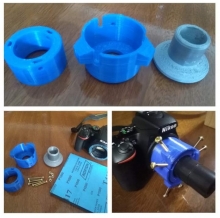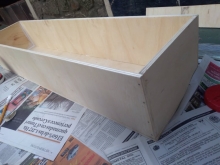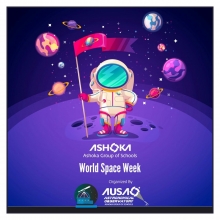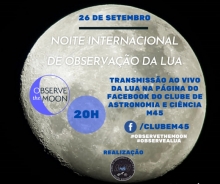Andrew Symes
Modern digital mobile devices have advanced to the point that it is possible to snap pleasing images of the starry skies. Using nothing more than a simple smartphone, you can capture surprisingly detailed wide-angle photographs of not only the brightest stars, constellations and planets, but also the fainter background Milky Way, meteors and aurora too.
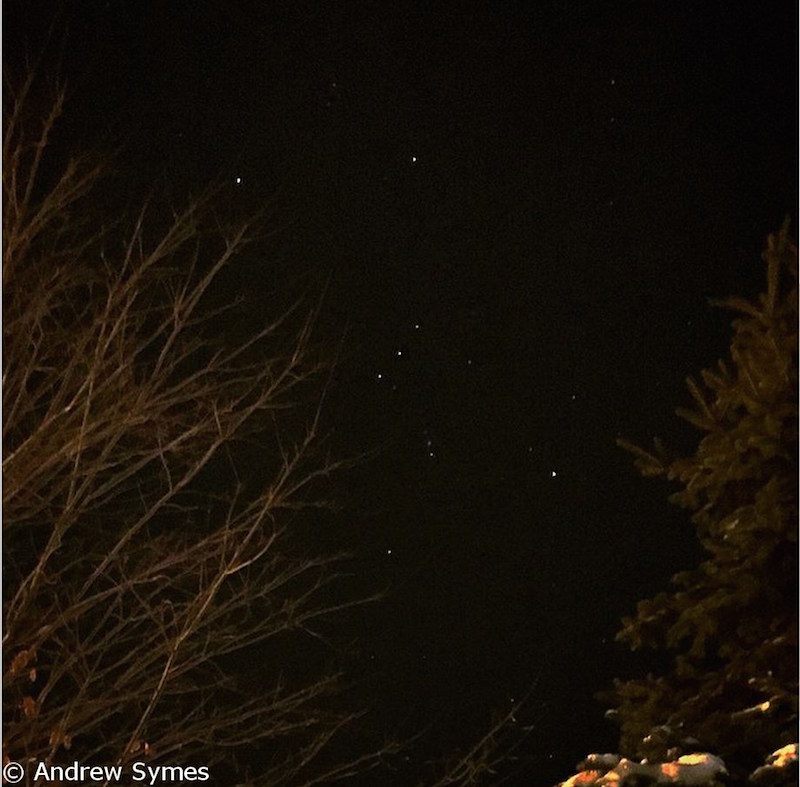
While your photos won’t match the Hubble Space Telescope or those taken by astrophotography professionals using advanced DSLR camera setups, you can create pleasing night sky portraits no matter where you live– with just your phone and a few simple tricks.
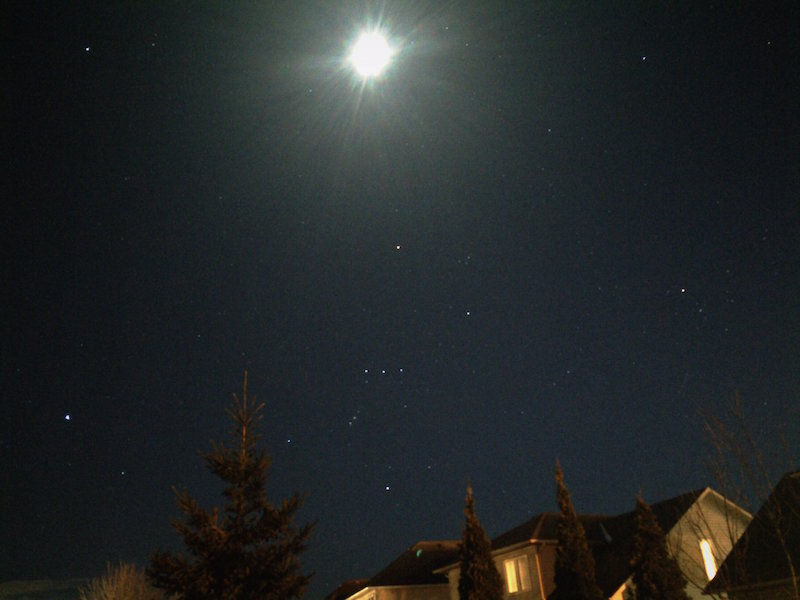
Here are 5 key tips to start you on your own astro-imaging adventure from astrophotographer Andrew Symes, on how to take a photo of a constellation with your smartphone:
1) Get something to hold your phone steady: It’s possible to take hand-held night sky photos, but even the smallest involuntary movement will cause unwanted streaks in your images.
A tripod is your best option (do a web search for "Smartphone Tripod" and you'll find options for purchase near you that can do the trick) but if you don’t have one handy, use any flat surface you can find such as a railing, pillar, or wall.
You’ll find that resting or leaning the phone against a steady surface makes a big difference! A steady phone will provide the stabilization needed to take a good night photo.
2) Download a night photography app: Smartphones are getting better and better in low-light conditions, but there are now apps that essentially trick your phone into taking the equivalent of a long exposure.
This brings out fainter objects like dim stars and can even show deep sky objects like the Orion Nebula. Those that use iPhone, can perhaps purchase the app NightCap Pro, but there are others on the market for iPhone such as ProCamera and Manual that perform the same function, and likely others for Android or other smartphone users.
3) Lock the focus and boost the brightness: Whether you're using a low-light app or not, you'll want to lock focus on the constellation once you see it on your screen, and use your phone's brightness controls to brighten the scene to bring out the stars in the constellation.
4) Avoid zooming in: Digital zoom reduces the quality of your image and can make the scene look grainy. It's better to crop your photo later using a photo app or other software.
5) Edit your photo after taking it: In addition to cropping your image to better frame the constellation, you may want to use an image edting app to see if boosting the brightness, contrast, or other settings improves the image. You don't want to make it look artificial of overly processed, but a bit of post-processing can help.









